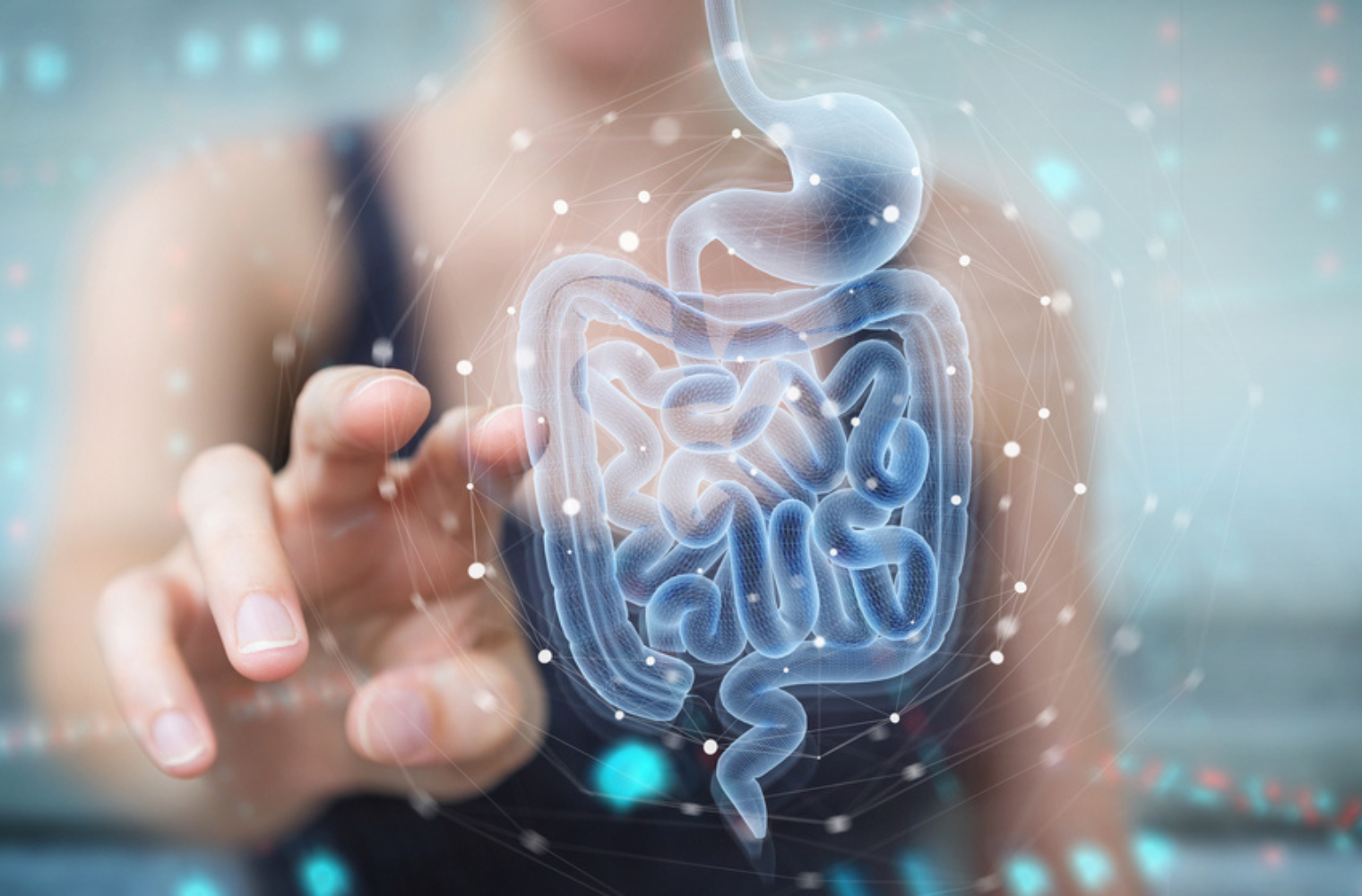Do you take probiotics regularly or have recently started taking them, but find yourself unsure about whether it could be causing chronic constipation? Many people may not realize that there is a potential for certain types of probiotics to lead to bouts of constipation.
Since issues related to the digestive tract can often be misunderstood and uncomfortable to discuss, it's important to get well-informed about what is known regarding how these dietary supplements affect our bodies.
In this post we'll explore the details behind the effects probiotics have on digestion and constipation, so that you can make decisions based on scientific evidence rather than hearsay.
Introducing Probiotics and their Benefits
Probiotics are living microorganisms, like bacteria and yeast, that provide a variety of health benefits when taken as a supplement. They play an important role in maintaining our gut health by helping to keep the balance of healthy bacteria between "good" and "bad" bacteria.
Probiotics can help with everything from boosting the immune system to improving digestion. While they have been proven to be beneficial in many ways, there is still some debate as to their impact on digestion and constipation.
Also, not all probiotics are created equally; some types may be more effective than others in treating certain conditions. It's important to research the specific type of probiotic you are taking and make sure it is right for your particular situation.
The Pros and Cons of Taking Probiotics
Here are some of the positive and negative effects that have been associated with taking probiotics:
Pros
- Reduces risks for digestive issues, such as constipation
- Improves digestion
- Helps restore balance in the gut microbiota
- Enhances absorption of nutrients from food
Cons
- Can cause an upset empty stomach
- May lead to a temporary increase in gas production
- Probiotics may not be as effective for some people as they are for others.
What Causes Constipation and How to Avoid it when Taking Probiotics
Constipation is a common digestive issue, and it can be caused by a variety of factors. Taking probiotics may lead to constipation if they are not taken in the right dosage or if they are not compatible with your body and gut microbiome's needs.
To help prevent this, make sure that you research the type of bacteria based probiotic supplements you're taking and talk to your doctor or pharmacist before starting a new supplement. Also, be sure to consume plenty of fluids and eat a diet with high-fiber foods to help keep gut microbiome and your digestive system healthy.
Finally, if you're taking probiotics and experience any digestive discomfort, it's important to consult your healthcare provider as soon as possible. They can provide professional advice on how to manage the symptoms and help you determine if probiotics are right for you.
Types of Probiotics that Help with Constipation
When it comes to choosing a probiotic that may help relieve constipation symptoms, it is important to look for ones with specific strains of bacteria known as lactic acid bacteria. These probiotic bacteria include Lactobacillus rhamnosus GG and Bifidobacterium lactis which have been proven to be effective in reducing symptoms of constipation and improving overall gut health.
In addition dietary fiber, probiotics containing prebiotics may be beneficial in relieving constipation. Prebiotics are indigestible soluble fiber that help to feed the good bacteria in your gut and promote a healthy balance of bacteria.
Foods High in Natural Prebiotics to Improve Digestive Health
In addition to taking probiotics, you can also incorporate high-fiber foods into your diet to help alleviate symptoms of constipation. Natural sources of prebiotics include:
- Apples
- Bananas
- Artichokes
- Garlic
- Onions
- Oats
- Whole grains
- Broccoli
- Asparagus
- Legumes
- Barley.
By including prebiotic-rich foods into your meals, you can help to feed the beneficial bacteria in your gut and promote good digestive health.
Tips on Increasing Your Intake of Probiotics for Better Digestive Health
If you're looking to increase your intake of probiotics, there are many ways to do so. Here are some ideas:
- Take a probiotic supplement
- Eat fermented foods like yogurt, kefir, kimchi, and sauerkraut
- Drink probiotic beverages like kombucha or coconut water kefir
- Try making your own probiotic-rich foods at home, such as pickles or sourdough bread.
Probiotics have been proven to be beneficial for digestive health in many ways, and it is important to make sure you are getting the right type for your needs. If possible, try to get your probiotics from natural sources like fermented foods or homemade recipes.
Does Taking Probiotics Cause Constipation?
The answer to this question is not so straightforward. While it is true that certain types of probiotics may lead to constipation, the other side effects of probiotics are usually mild and short-lived. When taken in the right dosage and for the right reasons, probiotics can be a great addition to your diet and help improve digestive health.
However, if you experience any digestive enzyme supplements discomfort or constipation when taking probiotics, it is important to consult your healthcare provider. They can help you determine if the supplement is right for you and suggest other ways to promote good gut health.
In conclusion, while there is a potential for certain types of probiotics to cause constipation, the vast majority of people should have no issue if they are taking the supplement in the right dosage and for the right reasons. It is important to research your options before starting a new supplement and talk to your doctor or pharmacist if you have any questions or concerns.
FAQs
Do Probiotics Help with Constipation?
Yes, probiotics can help relieve symptoms of constipation. Certain types of probiotic strains of lactic acid bacteria have been proven to be effective in reducing constipation and improving overall gut health. Additionally, foods bowel movements high in prebiotics can also help feed the beneficial bacteria in your gut and promote good digestive health.
Can Too Much Probiotics Cause Constipation?
Yes, too much of a certain type of probiotic or taking the wrong strain of bacteria can lead to constipation. It is important to research the specific type of probiotic supplements you are taking and make sure it is right for your particular situation. Additionally, make sure you follow the dosage instructions on the supplement bottle and talk to your doctor if you have any questions.
What Foods Have Probiotics and Prebiotics?
Foods that naturally contain probiotics include fermented foods like yogurt, kefir, kimchi, and sauerkraut. Additionally, you can also find other probiotic foods and beverages like coconut water kefir or kombucha on the market.
Conclusion
All in all, probiotics are generally considered safe and an effective way to help restore the balance of your own beneficial gut bacteria back. However, if you experience increased constipation or digestive discomfort on taking probiotics, it could be a sign that they are not suitable for you.
It is important to listen to your body and talk to a healthcare provider before adding probiotics into your routine.
It is also essential to check with a healthcare professional if you have underlying medical conditions before taking anything new. So, does taking prebiotics cause constipation?
While there isn’t a definitive answer due to individual circumstances and the lack of existing research on this topic, the consensus from the limited evidence seems to suggest not generally.
However, make sure that you adhere to dosage instructions carefully and speak with a qualified professional for further advice if you’re unsure about any potential side-effects before taking probiotics.


